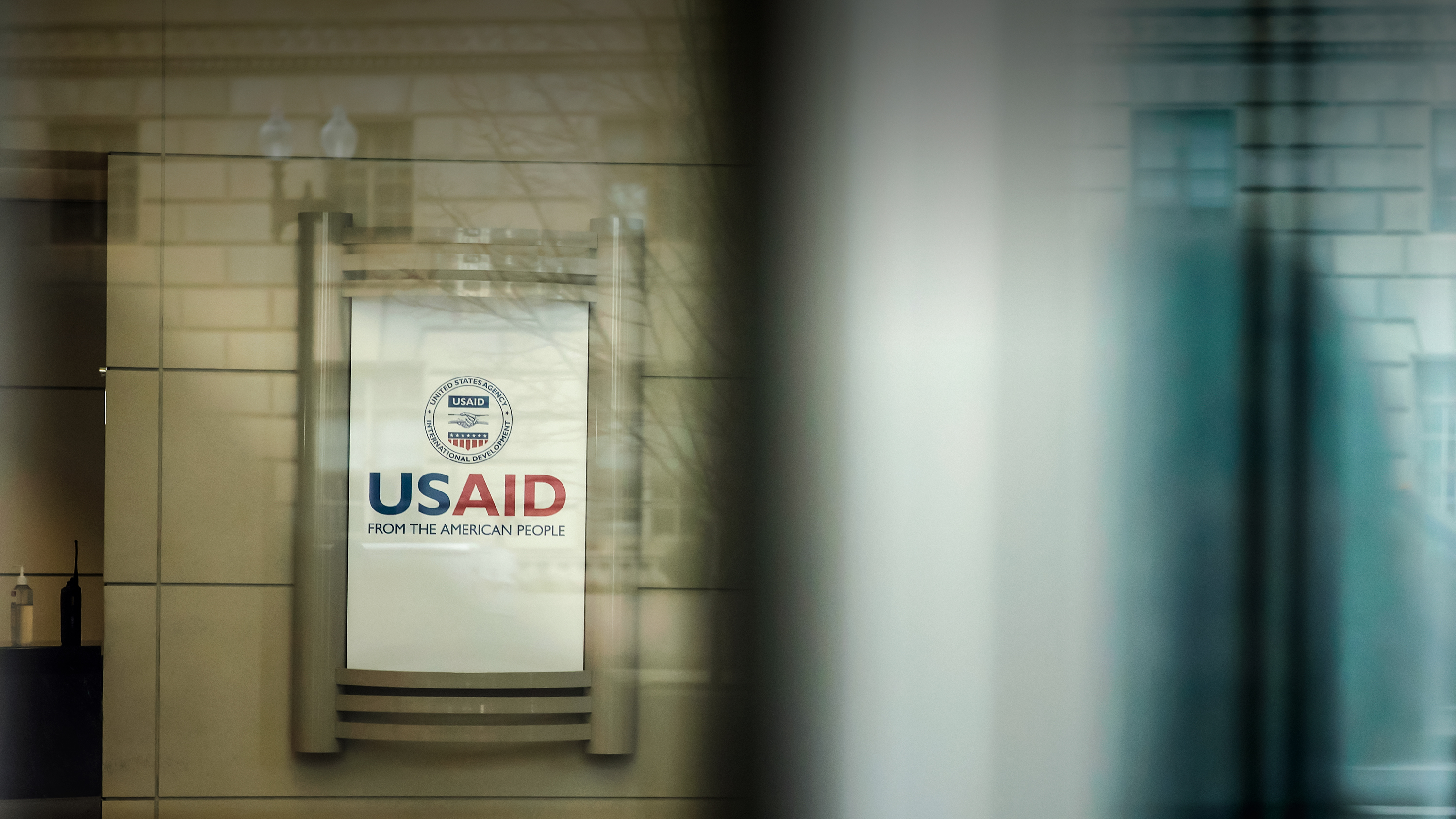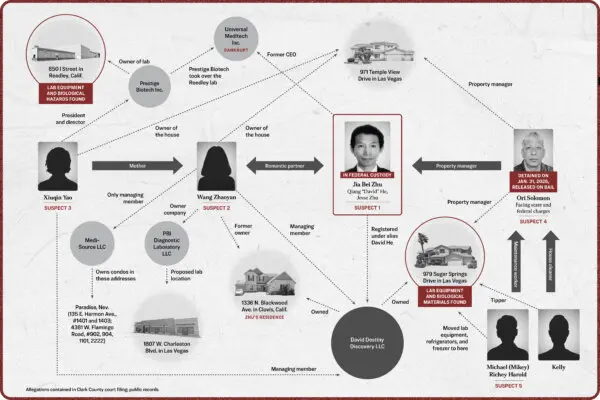President John F. Kennedy swept into office in 1961 with an optimistic vision that inspired the nation. His inaugural address invited Americans to join a noble campaign to improve human flourishing.
“And so, my fellow Americans, ask not what your country can do for you—ask what you can do for your country,” Kennedy said. “My fellow citizens of the world, ask not what America will do for you, but what together we can do for the freedom of man.”










